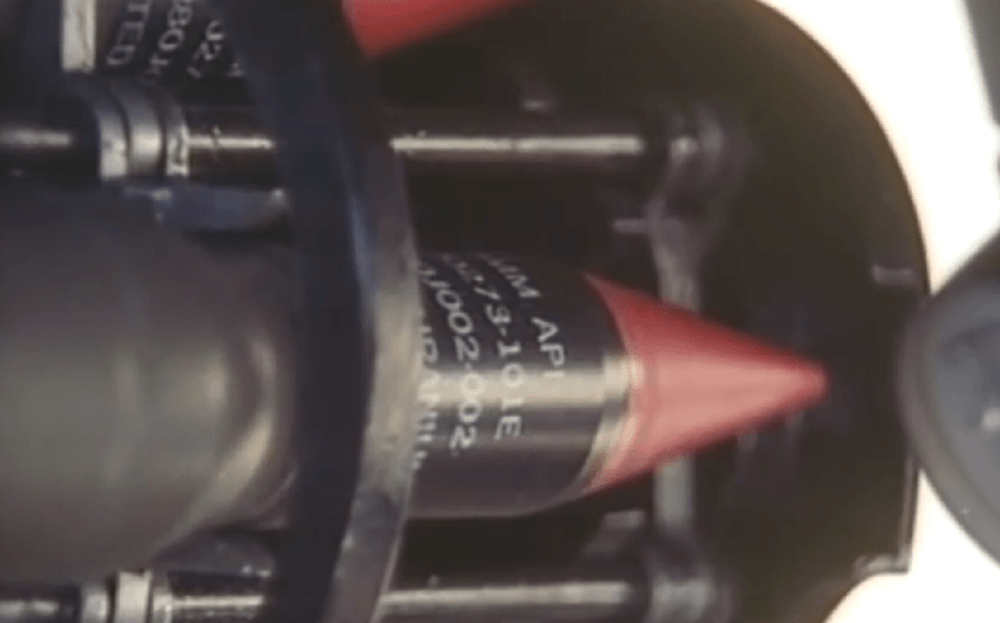THE BOOK COMPLAINT BY FABIO FILOMENI, “I WILL NOT ABANDON MY MEN EXPOSED TO DEFINED URANIUM”, IT INSPIRED THE CONFERENCE ORGANIZED BY THE ACADEMY OF LEGALITY
The controversial topic of exposure to depleted uranium and the safety of Italian soldiers engaged in missions abroad inspired the conference organized byAcademy of Legality. The event, sponsored by Roma Capitale, was held on 2 October in the Sala Laudato Sì of the Palazzo Senatorio del Campidoglio.
Among the keynote speakers, Dr Paola Veglianteipresident of the Academy of Legality and lieutenant colonel Fabio Filomeniauthor of the book Complaint “I will not abandon my men exposed to depleted uranium,” which inspired the entire debate.
“I will not abandon my men exposed to depleted uranium”
Filomeni’s book decisively denounces the serious consequences linked to the exposure of Italian soldiers to depleted uranium during missions abroad. The work is based on his personal experience and highlights the shortcomings of the protection system for Italian soldiers.
The officer, responsible for risk prevention and protection during missions such as the one in Iraq, had the task of ensuring that the military was adequately informed and protected. Among the most dangerous missions he participated in, the one in Iraq, part of the anti-ISIS coalition, exposed soldiers to toxic substances, including depleted uranium present in ammunition.
In his previous book, “Baghdad: A General’s Rebellion”the lieutenant colonel had already denounced the silence of the military leaders on the critical issues of the mission The first Parthian in Iraq in 2018. At the conference, he firmly reiterated the serious gaps in the protection of Italian soldiers in war theaters such as Iraq, Afghanistan and the Balkans.
During these missions, the military came into contact with dangerous substances such as DU. Furthermore, scientific studies also demonstrate the link between the radiation released by DU ammunition and the development of serious diseases. Many soldiers were also exposed alone in depots without adequate protective measures.
J’accuse
Filomeni broke the silence on this uncomfortable topic, accusing not only the military hierarchies, but also the entire system that manages missions abroad. Despite the obvious consequences of radioactive contamination, the risks were downplayed, resulting in irreversible damage to many soldiers. Depleted uranium, used in munitions to increase their penetration capacity, causes devastating damage not only to targets, but also to the environment and people in the affected areas.
When these munitions hit the target, due to the high temperatures caused by the explosion they release a substance into the air and ground “aerosol” Of heavy metal nanoparticles. These contaminate air, water and soil, causing serious diseases such as tumors, leukemia and malformations in exposed soldiers and civilians.
The investigations conducted at an international and national level have confirmed that thousands of Italian soldiers, upon returning from missions, have developed serious, often lethal, illnesses. More than 400 Italian soldiers have lost their lives due to pathologies linked to this exposure, and over 7 thousand are seriously ill.
However, despite numerous attempts to bring the issue to light, the Italian military institutions continue to maintain a barrier of silenceminimizing risks.
Raise awareness among public opinion and institutions
The conference and Fabio Filomeni’s book represent a significant step for raise awareness public opinion and institutions on the importance of protecting the health of soldiers.
“The safety at work of our soldiers too cannot be put on the back burner”, the officer reiterated.
The meeting saw the participation of the journalist Ettore Lemboof the lawyer Daniel Segat. Doctors, lawyers, soldiers and the Carabinieri intervened and expressed concern and desire to shed light on these serious omissions. The urgency has emerged to review the legislation on safety at work for our soldiers, victims of a system that exposes them to mortal risks.
«It is vital to improve safety regulations, it is very important to create opportunities to make this history of ours known also in schools», Dr. Vegliantei underlined.
And in civil society, to raise awareness of the dangers to which Italian soldiers are subjected.

